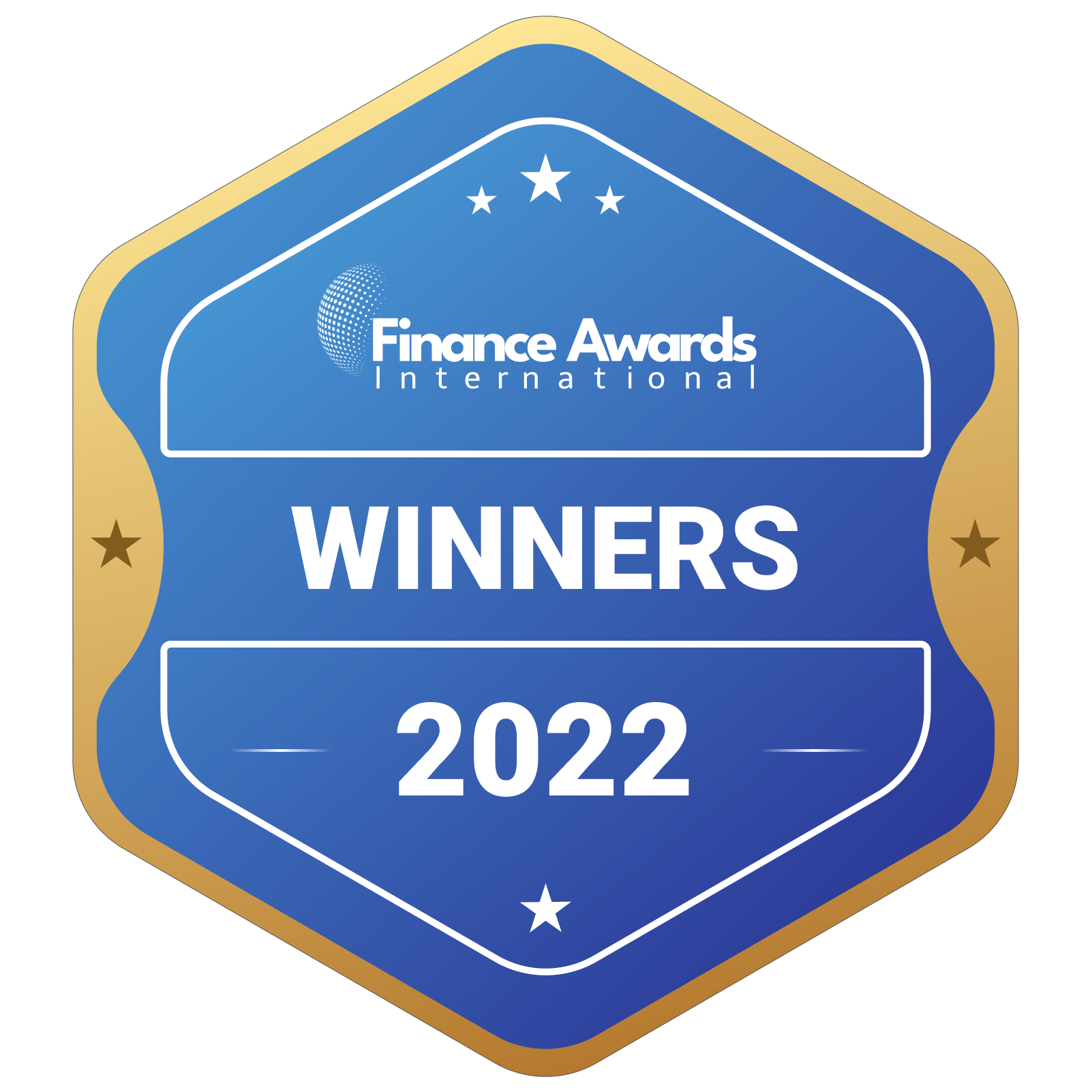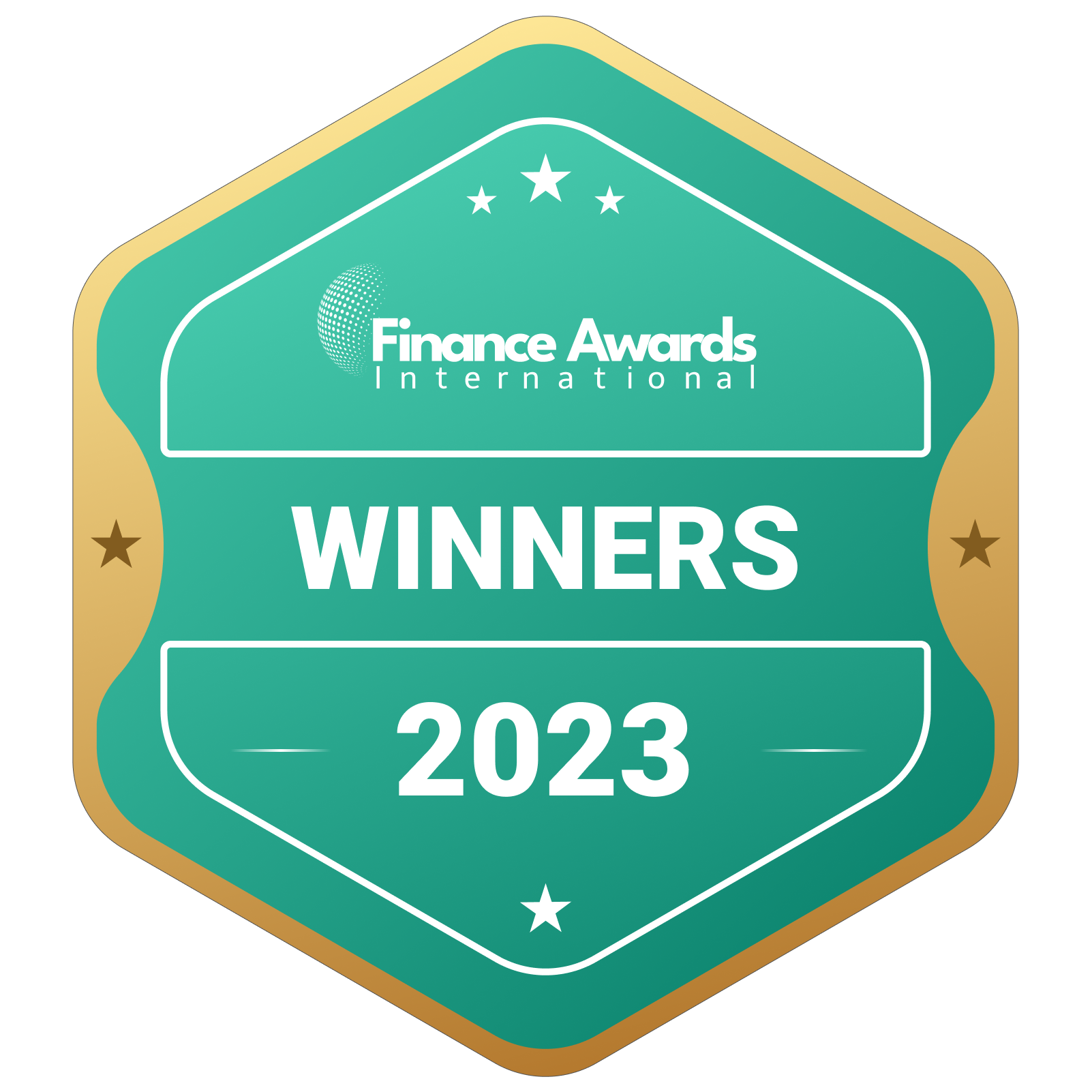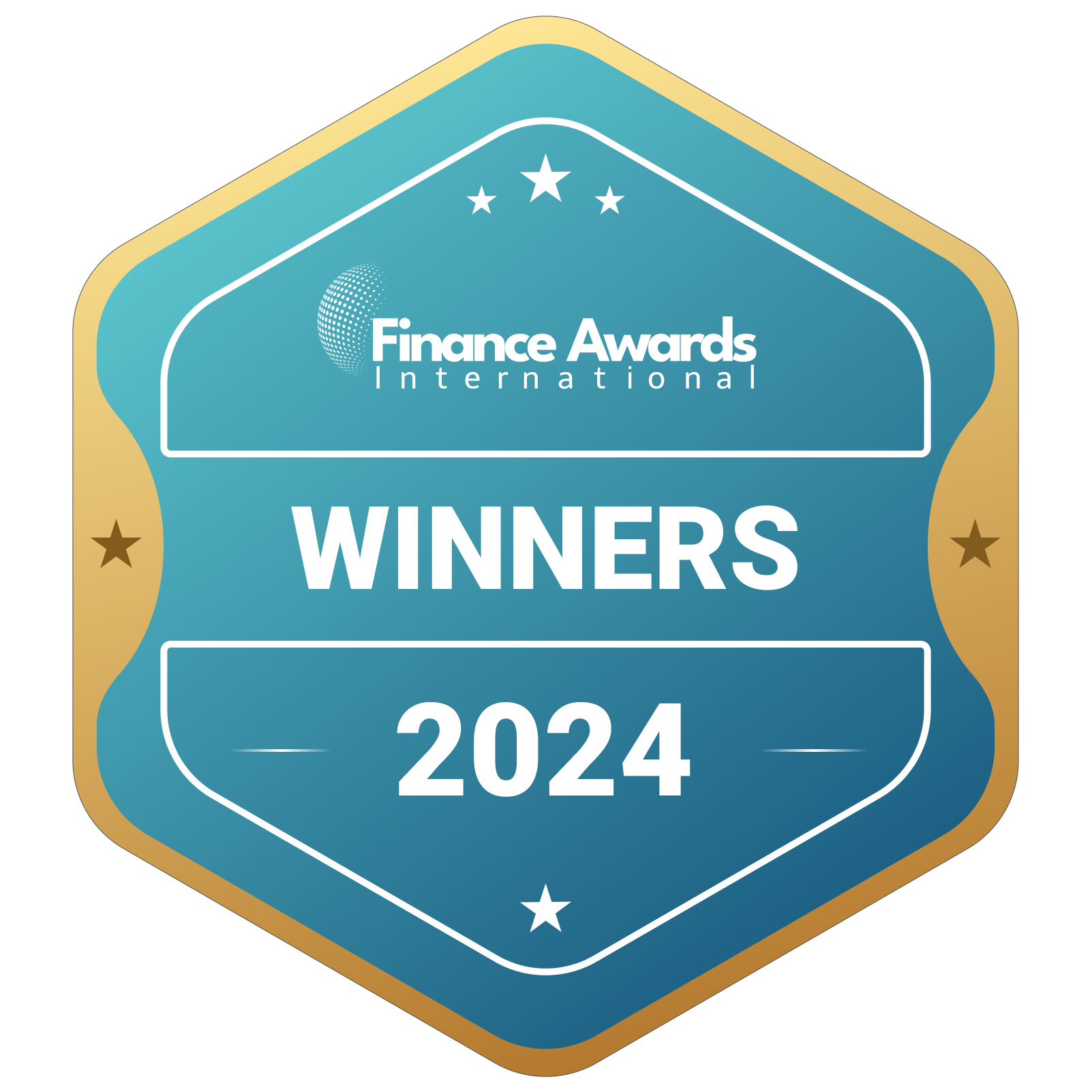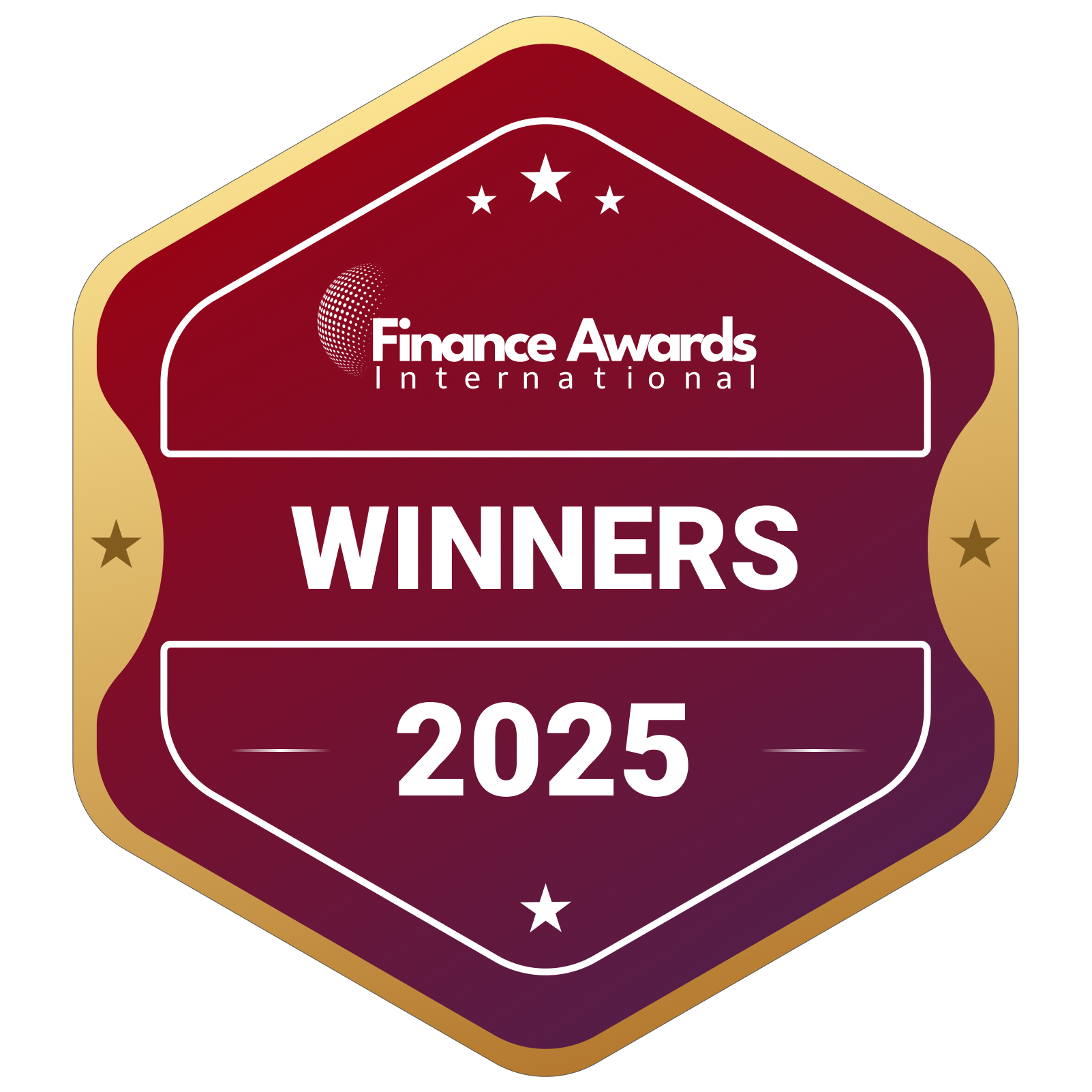Venture capital has played a pivotal role in financing the development of many pioneering companies and entire industries over recent decades. By providing funding that may be unavailable elsewhere, venture investors help turn fledgling startup visions into thriving businesses at the forefront of technological and economic progress.
What is Venture Capital?
Venture capital (VC) refers to private equity capital provided to early-stage, high-potential, and often high-risk startups. The goal of venture capital investment is to identify transformational businesses with significant growth potential and back them with funding, guidance, and connections in hopes they scale rapidly and produce high returns. Venture capital firms primarily invest in companies developing new technologies, products, or services and seek capital to fund growth or commercialize ideas that traditionally banks might deem too risky.
Venture capital has played a critical role in financing the development of entire industries such as biotechnology, computers, and the Internet. Some of the world’s most valuable companies like Apple, Google, Microsoft, Facebook, and Intel all relied initially on venture capital to fund their founding and growth. By providing financing that may not be available elsewhere, venture capitalists help turn visions and prototypes into fully realized businesses that can drive major economic and technological progress.
Who Provides Venture Capital Funding?
The predominant sources of venture capital come from specialized venture capital firms as well as some investment banks, hedge funds, and wealthy individuals referred to as “angel investors.” Venture capital firms themselves are usually structured as limited partnerships that pool investments from institutional investors like pension funds, endowments, and sovereign wealth funds. The GPs (general partners) who run the VC funds are those actively sourcing and managing deals. They focus solely on riskier startups in exchange for the potential of generating exponential returns through successful “exits.” Such exits often involve an IPO or an acquisition of the startup at a valuation much higher than the initial investment. Some prominent global venture capital firms include Andreessen Horowitz, Sequoia Capital, Accel, Index Ventures, and Insight Partners.
What Types of Companies Receive Funding?
The ideal venture capital candidates are early-stage companies addressing substantial markets through technologies or business models that have the potential for significant scalability and growth. Generally, venture-backed startups fall into one of two categories – technology companies or life science/biotechnology companies. On the technology side, some common sectors represented include artificial intelligence, cloud computing, cybersecurity, transportation, fintech, and consumer internet/SaaS. Life science venture deals frequently involve biomedical technologies, therapies, medical devices, healthcare IT, and industrial/agricultural biotech. No matter the industry, the most attractive attributes are visions backed by strong founding teams pursuing problems where the solution could create or transform large industries.
How Does the Venture Capital Process Work?
Typically, the venture capital deal process initiates when an entrepreneur or founding team reaches out to a VC firm seeking capital for their startup idea and growth plans. From there, it involves multiple stages:
- Initial Pitch Meeting: Founders present an overview of the opportunity and business case to evaluate initial interest.
- Due Diligence: If interested, VCs conduct deeper research on market potential, competitive landscape, technology/IP, financial projections, and the management team’s experience and track record.
- Term Sheet Discussion: If due diligence validates the opportunity, negotiations begin around deal terms such as valuation, capital structure, liquidation preferences, etc.
- Closing: If both parties agree to terms, legal paperwork is drawn up and capital is deployed, usually in tranches tied to achieving certain milestones.
- Portfolio Management: Post-investment, VCs engage closely with portfolio companies through board seats and advising to help drive growth and value creation.
Is Venture Capital Suitable for All Startups?
While venture capital can certainly accelerate scalable business models, it is not the best fit or necessary for all startups. Companies seeking smaller capital sums under $1 million may be better suited to alternative growth avenues like angel investors or smaller grants/contests. For those in the very earliest ideation phase lacking clear proof of concept, accelerators or incubators could be a way to validate initiatives on a far smaller capital commitment.
Additionally, venture funding comes with certain costs in terms of diluted equity stakes and loss of autonomy for founders. It only makes financial sense for companies seeking much larger capital pool requirements to seriously pursue VC funding after hitting key technical, customer, or partnership milestones. Founders must weigh carefully venture capital’s pros of resources and connections versus the cons of reduced control. At the end of the day, attracting VC interest requires a vision aligned with the huge company-building ambitions venture investors are pushing entrepreneurs to pursue.
Conclusion | What is Venture Capital?
Access to venture capital has been a defining factor enabling the startups that have produced immense economic and societal impact. More capital than ever is pouring into VC with the recognition that backing high-risk, high-growth ventures can yield outsized long-term returns. While not suitable for all, those startups pursuing visions with massive scope stand to benefit most from attracting this potent funding source. By providing both money and guidance, top-tier venture firms aim to catalyze the entrepreneurs and ideas primed to shape our future.








